As Nigeria continues to grapple with the challenges of flooding, the United States has offered to provide $1 million to the country to help with the immediate needs of people affected by the disaster.
The US Ambassador to Nigeria, Mary Beth Leonard made the announcement through a video message on Thursday.
The Ambassador said US has an ongoing $350 million portfolio for humanitarian assistance in Nigeria geared towards addressing the escalating effects of climate change, conflicts and food insecurity in the West African nation.
She said, “we are filled with grief for the flood victims who have lost so much, livelihoods, homes and even loved ones. Millions are displaced and face the risk of cholera and other waterborne diseases.”
Ambassador Leonard said it is not going to be easy rebuilding what has been destroyed by the floods but assured that continued assistance of the United States to Nigeria in this difficult time.

Similarly, Labour Party presidential candidate, Mr Peter Obi also offered to donate N5 million to victims of flood in Benue State.
Obi made the promise on Thursday during his visit to flood victims in Benue State.
Obi who was billed to launch his presidential campaign on October 25 in Lafia, Nasarawa State, has suspended all campaign activities due to flooding in many parts of the country. He also called on other political parties to do so.
The LP presidential candidate who was in Markurdi the Benue State capital where he visited Daudu IDPs camp in Guma Local Government Area and at the Rice Mill area, to commiserate with victims of flooding, decried the situation the victims are facing, stating that it could have been avoided if proactive measures were taken earlier by the federal government.
“The flood was not an accident. The federal government was forewarned but did not do the needful to mitigate it. It was meant to happen. It was something the federal government could have controlled but they failed to do the needful.”
He explained that he decided to suspend his campaign to go around the country and was in Benue to sympathise with the people and government of the State.


“Benue State should not be suffering from the flood because the state already has a huge humanitarian crisis. So, I have come to identify with the victims in my own little way.”
Viral videos and photos of Obi showed him being conveyed on locally made boat while inspecting areas and houses affected by the flood in Benue on Thursday.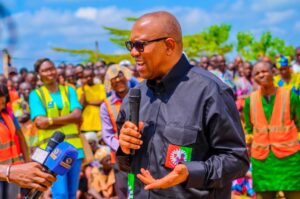
Speaking further on the long term impact of the flooding, Obi said he observed that most of the victims in the IDPs camps were farmer which means that the disaster could trigger severe food inflation in months to come as Benue, a food basket of the nation is heavily affected.
He also lamented the poor handling of security challenges in the state by the federal government and promised that if elected in 2023, he would try to introduce a permanent solution to fix the problems of insecurity and flooding and also boost agricultural productivity through effective measures in the country.
The flood victims thanked Obi for his visit. Secretary to the Benue State government, Anthony Ijoho, who appreciated Obi for the gesture, said he is only the presidential candidate that has done that get first-hand information about the victims.
Also, a traditional ruler of Makurdi Local Government, Vincent Aule, who commended Obi for the visit, called on the Nigerian government to dredge the River Benue as a way of bringing to an end the flooding which has become annual ritual that leads to loss of lives and destroys properties.
Since July ending, Nigeria has been grappling with flood disaster which has affected more than 30 states.
According to the National Emergency Management Agency (NEMA), about 2.5 million persons are affected and over 603 persons killed by the flooding.
Apart from Benue, some other affected states include Anambra, Abia, Bayelsa, Bauchi, Delta, Ebonyi, Edo, Gombe, Imo, Kano, Kogi, Jigawa, Kebbi, Niger, Plateau, Sokoto, Zamfara and parts of the Federal Capital Territory.
This Year’s flooding according to expert analysis has been the worst, at least in the last decade.
There are also fears that it might worsen the high inflation in the country especially food and other agricultural products ( floods have destroyed farmlands) and also trigger some public health challenges such as malaria, cholera and other water borne diseases.
Victor Ezeja is a passionate journalist with six years of experience writing on economy, politics and energy. He holds a Masters degree in Mass Communication.

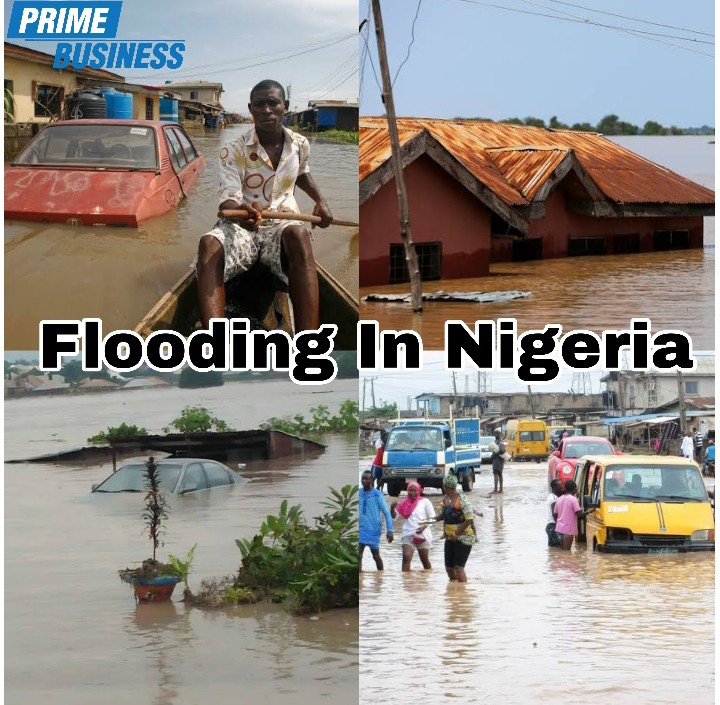












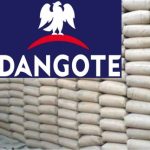


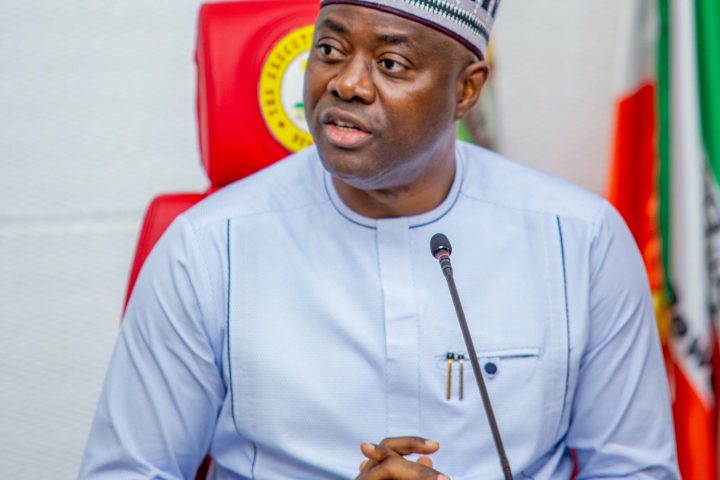
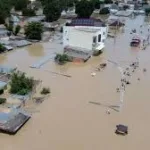
Follow Us